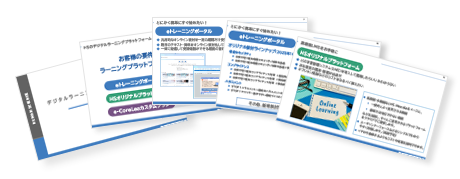2024.09.09
What are the key points to enhance the effectiveness of telephone response training? An explanation of the basic content and necessity of the training!
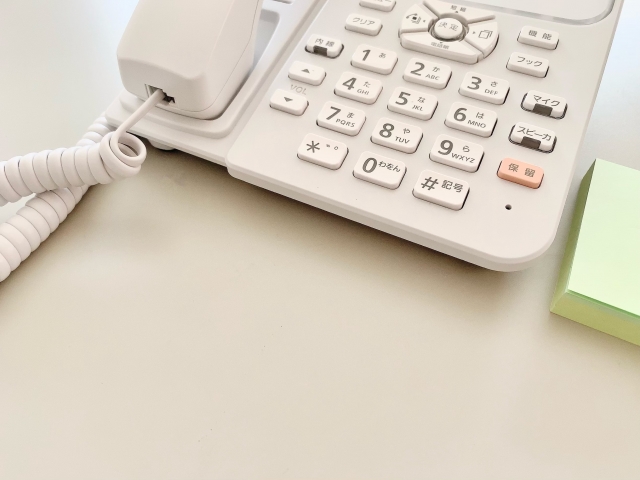
In recent business scenes, there are various communication methods such as email, web conferences, and chat tools. However, there are still many interactions conducted over the phone, and telephone etiquette is one of the important business skills.
Phone conversations, where you talk directly with the other person, require you to convey emotions and intentions through tone of voice and nuances, as you cannot see each other's faces. Additionally, since it is fundamentally a one-on-one dialogue, it is essential to accurately understand what the other person is saying and provide quick and precise responses.
To efficiently acquire such advanced skills, training in telephone response is essential.
This time, we will explain the necessity of telephone response training, key points to enhance training effectiveness, and methods of training.
1. What is telephone response training?

First, let's understand the overview of the telephone response training.
What is Telephone Response Training?
The purpose of telephone response training in business is to acquire the skills and knowledge necessary for handling calls. Participants learn polite language, active listening techniques, and how to transfer calls, mastering responses that leave a good impression on the other party. This training is especially fundamental for newcomers and job offer recipients who are handling phone calls for the first time in a professional setting.
The telephone response training generally includes the following curriculum.
Basic Content of Telephone Response Training
(1) Basics and Mindset of Telephone Response
Learn the fundamental matters and mindset that form the foundation of a positive telephone response.
Basic Telephone Etiquette
・Speak in a bright and clear voice
・Convey the purpose concisely
・Confirm the other person's name and take notes as necessary
・Be mindful of using polite language
Mindset for Phone Communication
・Consider the other person's position and situation
・Be mindful of time and keep the call brief
・Avoid becoming emotional and strive to remain calm at all times
(2) Basic Communication Skills
You will acquire skills to handle basic telephone interactions, such as how to answer and make calls, greetings, and procedures for transferring calls. Additionally, you will learn about honorifics and the appropriate choice of words, enabling you to master language suitable for business settings.
(3) Know-how for Achieving Better Telephone Responses
You will acquire "phrases to remember" that can delight the other party and prevent troubles before they occur, as well as "note-taking techniques" to ensure accurate information recording during calls, enhancing the quality of telephone responses with additional knowledge and skills.
These are just a few examples, but through various programs related to telephone response, you can learn everything from basic manners to advanced response skills. This will enhance employees' communication skills and is expected to improve customer satisfaction.
2. The Necessity of Telephone Response Training
Direct interactions with customers and clients influence the company's impression. Therefore, telephone response plays an important role. In this chapter, we will delve into the necessity and importance of telephone response training.
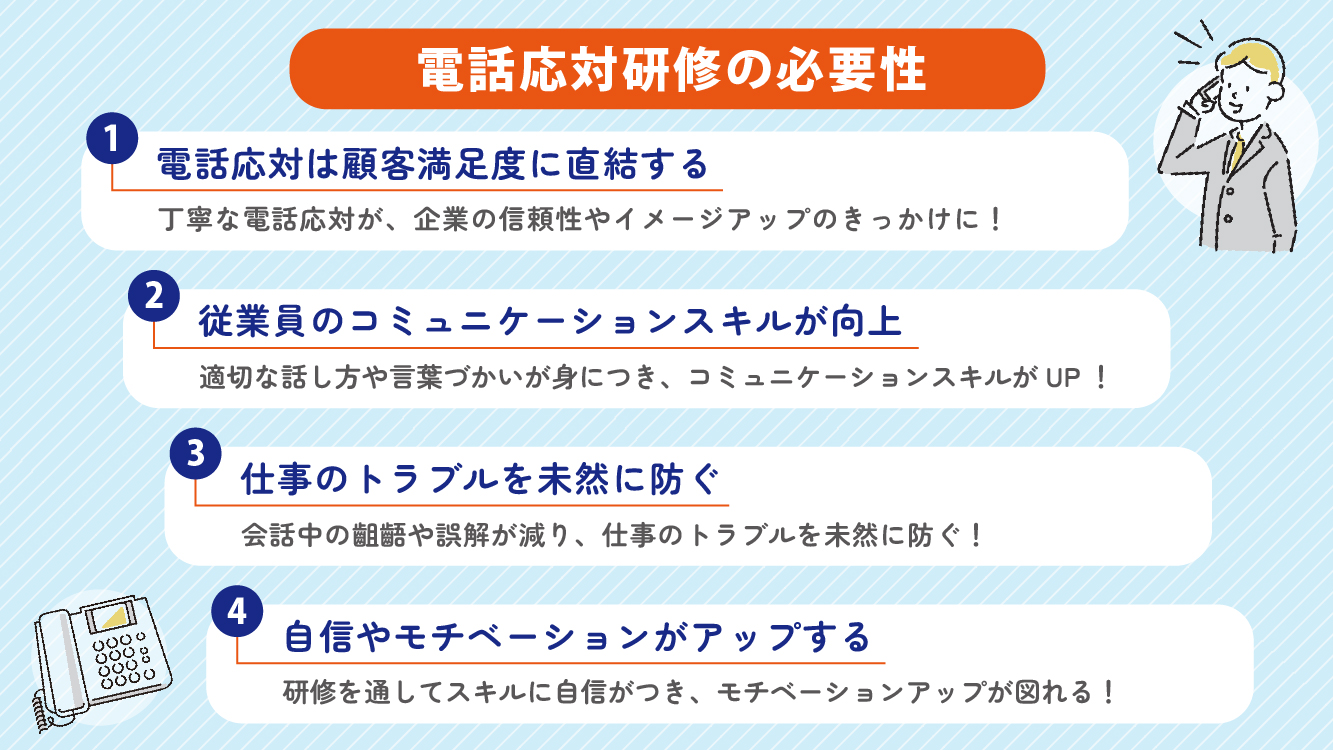
Telephone response is directly linked to customer satisfaction
For example, have you ever experienced a situation where the person on the other end of the phone was curt or had an unclear attitude, leading to a negative impression of their company or organization?
As mentioned above, telephone responses can determine the impression that customers and clients have of a company.
Conversely, if the phone response is polite and professional, it leads to increased trust and improved image for the company.
Improvement in Employee Communication Skills
In telephone communication, tone of voice and word choice are also important elements. Through training, employees can improve their communication skills by learning appropriate speaking methods, the use of honorifics, and developing listening skills to accurately understand the intentions of others.
Preventing work-related troubles before they occur
By acquiring telephone response skills, you can accurately listen to information from the other party and clearly leave the necessary information. This helps prevent misunderstandings and discrepancies, leading to the avoidance of work-related troubles.
Boosts confidence and motivation
By receiving telephone response training, employees gain confidence in their skills and can increase their motivation towards their work. As a result, stress and workload related to customer interactions and communication are reduced, leading to improved productivity at work.
In this way, telephone response training is important not only for the individual skill enhancement of employees but also as part of the overall growth strategy of the company.
3. Key Points to Enhance the Effectiveness of Telephone Response Training
What points should we be aware of to more effectively acquire telephone response skills? In this chapter, we will explain the key points to enhance the effectiveness of telephone response training.
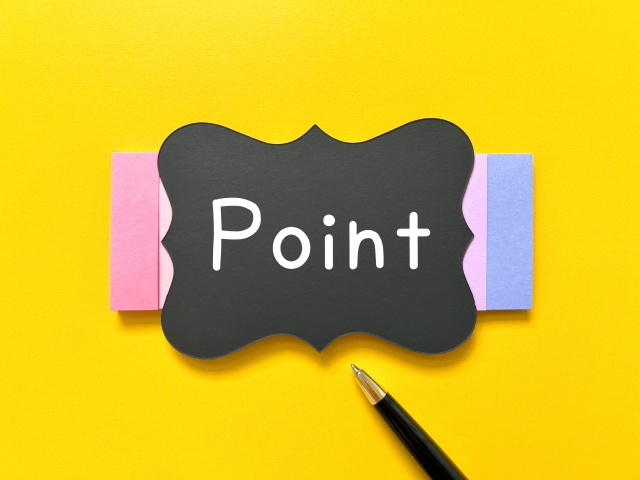
Point 1: Be aware of not only the technology but also the mindset
Simply memorizing skills and techniques will not lead to heartfelt phone responses. By maintaining the mindset of "not forgetting that you represent the company and responding without being rude," a sincere attitude will be reflected in your words and actions.
Point 2: Develop practical skills through role-playing
Role-playing that simulates actual call situations allows you to acquire practical skills and the ability to respond flexibly. By experiencing various scenarios such as handling complaints and difficult inquiries, problem-solving skills improve, leading to increased confidence among employees.
Point 3: Listen to the recorded data and analyze the responses
In role-playing, it is recommended to record the call content and listen to it later. This allows you to objectively understand your own responses, recognize your habits and shortcomings, and helps in understanding specific areas for improvement.
Point 4: Continuous Learning and Follow-up
It is important to conduct regular review sessions even after training to solidify skills. To achieve this, utilizing e-learning and manuals to create an environment where one can reflect at any time is effective. Furthermore, by receiving daily follow-ups with the cooperation of senior employees and colleagues, skills can be continuously improved.
By grasping these points, it becomes possible to acquire telephone response skills that can be effectively utilized in actual business scenarios.
4. Telephone Response Training Methods
There are various methods for telephone response training. Since each has different characteristics, it is important to choose the most suitable one based on the company's needs and the learning environment and preferences of the employees participating. Below, we introduce common methods of telephone response training.
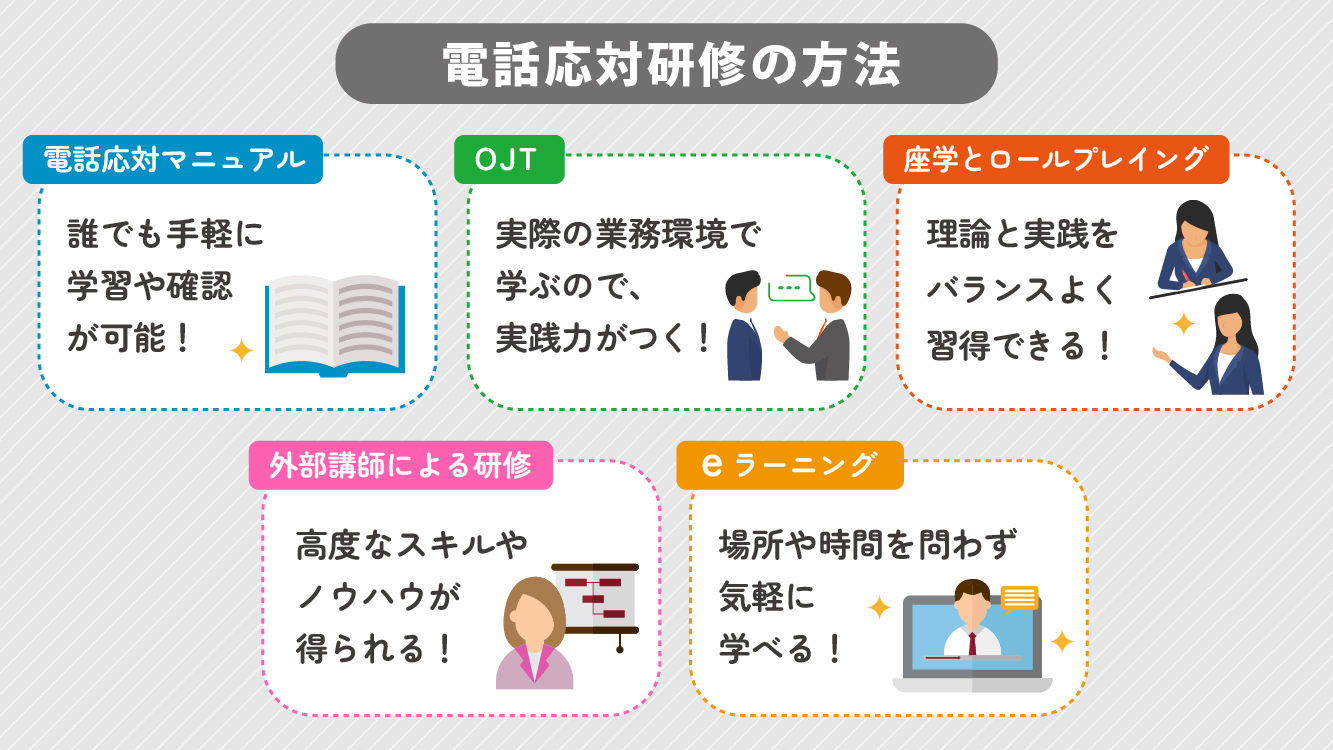
Telephone Response Manual
With a telephone response manual, all employees can handle calls according to the same standards. Additionally, it is easy for anyone to learn and verify. On the other hand, it lacks practicality, so it is necessary to simulate actual calls through role-playing and develop the ability to respond in real situations.
OJT
It is also effective to conduct on-the-job training (OJT) with the cooperation of supervisors and senior employees. Learning in a real work environment allows for the acquisition of practical skills tailored to each company. Additionally, even if mistakes are made, immediate guidance and corrections can be provided, which helps in solidifying knowledge. However, there is a concern that variations in the quality of teaching and feedback may occur due to differences in the skills and experience of the instructors.
Lecture and Role Playing
Combining classroom learning and role-playing can be considered the most common style for telephone response training. In the classroom, participants learn the basic knowledge and language skills for telephone response, and through role-playing, they develop practical skills. This method allows for a balanced acquisition of theory and practice, making it a very effective learning approach. However, it also increases the time required for training and necessitates that employees gather in one location.
Training by External Instructors
By inviting external instructors who are proficient in telephone response training, it is possible to acquire advanced skills and know-how that are immediately applicable to practical work. Additionally, it is expected that appropriate feedback can be received from an objective perspective that is not influenced by internal relationships. However, inviting external instructors incurs costs such as fees and transportation expenses. Furthermore, due to a lack of understanding of internal circumstances, it may be difficult to fully align with the company's needs.
e-Learning
E-learning allows for learning online, enabling individuals to study at their own pace without being constrained by time or location. Additionally, it facilitates the efficient provision of consistent training to all employees, helping to standardize education. However, there are aspects that may not cover practical skills, so it is necessary to supplement this with simulations of phone interactions and role-playing.
5. Summary

Phone calls, where you exchange words directly with the other party, convey emotions more easily compared to other communication methods and require immediacy in interactions. Therefore, telephone response training can be considered a comprehensive program that emphasizes not just technical skills but also mindset and improvement of communication abilities. For this reason, it is one of the trainings that I want to prioritize for new employees who have just entered the workforce.
At Human Science, we offer a variety of e-learning materials designed for newcomers to learn the basics of business etiquette. One of these, the "Telephone Response Edition," clearly explains the fundamental points of telephone etiquette, how to receive and make calls, and essential phrases to remember, using photos and illustrations. It can be effectively used alongside role-playing or as a tool for repetitive learning.
For more details, please refer to the e-learning site of Human Science Co., Ltd.
>e-Learning Material "Fundamentals of Business Etiquette: Telephone Response Edition"












